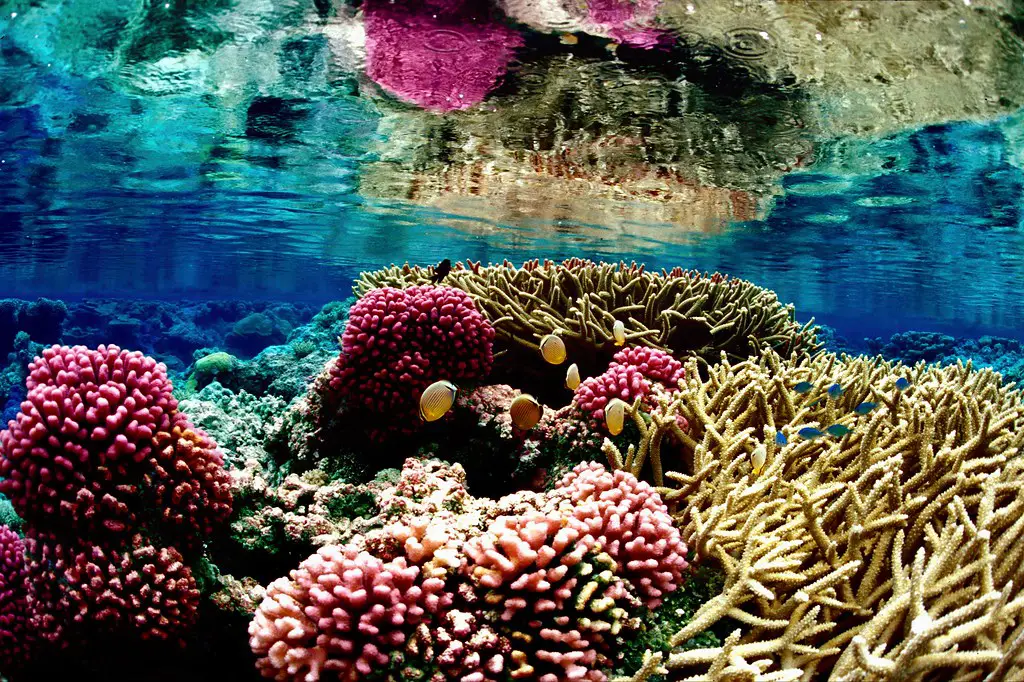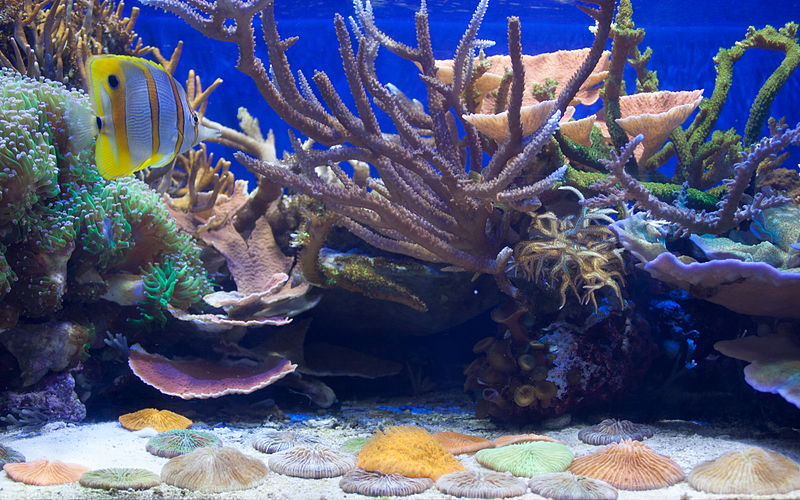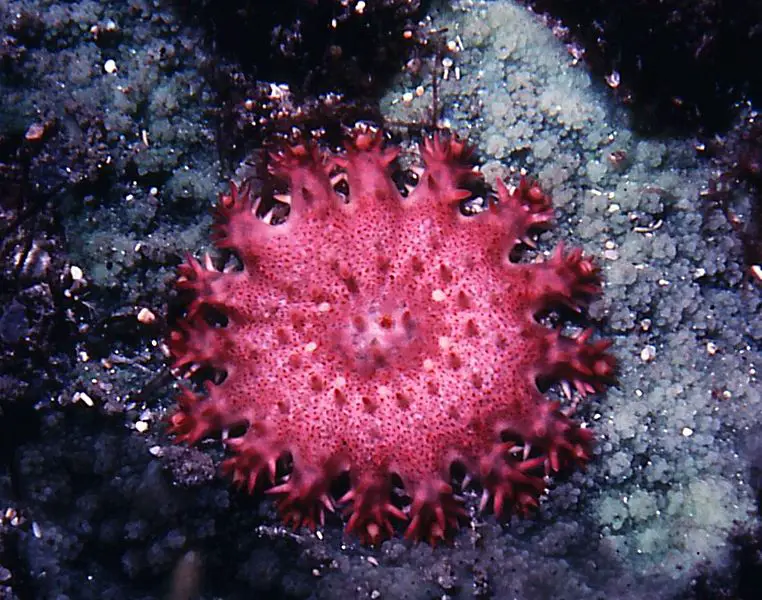Introduction
If you are concerned about the state of the world and our oceans, you may be wondering in particular about the health of the coral reef. This is an immensely important part of the planet, and we all know it is under threat.
Unfortunately, it is thought that around half of the coral reefs in our world have already been lost. That is massively detrimental to the creatures that live on them and to the planet as a whole. However, claims that the Great Barrier Reef is dead are false, although this reef is under serious threat and parts of it have died.
In this article, we’re going to check out what is going on with our coral reefs, why they are dying, and what impact this will have. We will also touch briefly on what people can do to stop this from happening.
Is The Coral Reef Dead?
No, the Great Barrier Reef is not dead. This was misreported in 2019 and the false claim gained a lot of traction. The Great Barrier Reef and many other reefs are under threat and parts of the coral have died, but the reef is not dead. It remains the largest coral reef system in the world.
However, it is true that coral reefs everywhere are dying, and that action needs to be taken quickly to prevent this from happening.
Why Are The Reefs Dying?
There are numerous reasons that the reefs are dying, and environmental stress is being piled on from all sides. When stressed, the corals release their zooxanthellae, the algae that they need in order to produce most of their food. Without this algae, they turn white and are likely to die. Many factors contribute to this stress, which we will explore below.
The first is the acidification of ocean waters. This is caused by increasing CO2 in the atmosphere, which causes more acidic rain to fall into the sea, decreasing its pH levels. As the ocean becomes more acidic, the coral reef structures get weaker, and the corals become stressed.
Pollution also plays a major role. Microplastics are a particularly dangerous form of pollution, and unfortunately corals absorb these from the water, which can cause lasting damage. Other litter in the sea can cause chemical changes to the water, cut off food sources, hinder coral growth and reproduction, and have other negative impacts on the reefs.
Warmer ocean waters are also a significant issue. Most of the additional heat caused by global warming is absorbed by the seas, and this makes the water too hot for the corals. Many coral species prefer temperatures between 75 and 85 degrees F, and since temperatures are often rising to above 90 degrees F, the corals are dying.
Furthermore, global warming is contributing to more intense hurricanes and tropical storms, and these can destroy reefs overnight. Since reefs grow so slowly, they are very vulnerable and can be completely wiped out in a matter of hours.
There are other reasons too, but those are the major factors impacting coral reefs at the moment.
Does It Matter If The Reefs Die?
It matters very much if the reefs die for a whole range of reasons. Perhaps the biggest is that they are responsible for an enormous amount of oxygen generation. It is thought that reefs produce between 50 and 80 percent of the oxygen on our planet, despite the fact that they cover only a tiny fraction of the world’s surface.
Losing the reefs would be catastrophic to the planet. Global warming would likely increase at an exponential rate, and approximately 1 billion people would lose their sources of food and work. Oxygen levels would drop dramatically, and economies would crash. It is difficult to predict or comprehend the full impact this would have.
Furthermore, the reefs are thought to provide habitat for around ¼ of the creatures in our oceans. Without them, billions of creatures would die out, eradicating about 25 percent of oceanic life overnight. The impact of this would be astronomical.
What Can People Do To Preserve The Reefs?
If that alarms you, you might be wondering what steps you can take. The first involves petitioning big companies and governments to make changes that will protect our reefs. It is thought that corals are highly resilient and they could recover quickly if they were given the opportunity.
You can also make changes to your own behavior. Anything that supports the planet and reduces global warming will directly help the reefs by lowering ocean temperatures. Reducing pollution by using fewer plastics and avoiding throwaway plastic in all forms will make a significant difference.
Opting to eat more plant-based foods, even if you are not willing to become a vegetarian or vegan, will help too. It is one of the most effective ways to cut your carbon footprint, as meat production accounts for massive percentages of carbon emissions. Reducing how frequently you eat meat and swapping to vegetarian or vegan alternatives can make a huge difference.
Fishing in particular contributes to oceanic pollution and ocean plastics, but all meat production is problematic.
It may help to choose reef-friendly sunscreens if you spend any amount of time in the water. Although sunscreen is critical for your health and you shouldn’t go without it, the chemicals in many sunscreens directly contribute to the pollution of the oceans, and should be avoided. There are some great reef-friendly sunscreens available.
Other steps like reducing fuel consumption, traveling sustainably, and choosing green energy also make a huge difference. It is easy to feel out of control when you are dealing with huge problems like coral bleaching, but there are steps that every individual can take to make a difference and help the reefs recover.
Conclusion
The coral reef is not dead, but it is under serious threat as a result of global warming and pollution. If the reefs are to recover, we need to take global and individual steps to reduce emissions, cut down on meat consumption, and minimize the chemicals flooding into the oceans.



